Arthur Weisberg/ Contemporary Chamber Ensemble - Kurt Weill: Kleine Dreigroschenmusik/ Milhaud, Darius: La Création du Monde (1973)
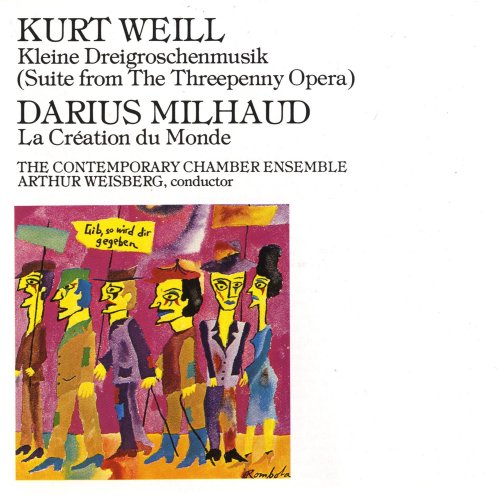
Artist: Arthur Weisberg
Title: Kurt Weill: Kleine Dreigroschenmusik/ Milhaud, Darius: La Création du Monde
Year Of Release: 1973/2005
Label: Rhino Entertainment
Genre: Classical
Quality: FLAC (tracks)
Total Time: 35:37 min
Total Size: 179 MB
WebSite: Album Preview
Tracklist:Title: Kurt Weill: Kleine Dreigroschenmusik/ Milhaud, Darius: La Création du Monde
Year Of Release: 1973/2005
Label: Rhino Entertainment
Genre: Classical
Quality: FLAC (tracks)
Total Time: 35:37 min
Total Size: 179 MB
WebSite: Album Preview
01. Kurt Weill: Kleine Dreigroschenmusic (Suite From The Threepenny Opera): Ouverture (LP Version)
02. Kurt Weill: Die Moritat von Mackie Messer (Ballad Of Mack The Knife) (LP Version)
03. Kurt Weill: Anstatt dass-Song (Instead Of Song) (LP Version)
04. Kurt Weill: Die Ballade vom angenehmen Leben
05. Kurt Weill: Pollys Lied (Polly's Song) (LP Version)
06. Kurt Weill: Tango-Ballade (Tango-Ballad) (LP Version)
07. Kurt Weill: Kanonen-Song (Canon Song) (LP Version)
08. Kurt Weill: Dreigroschen-Finale (Threepenny Finale) (LP Version)
09. Darius Milhaud: La Creation Du Monde (LP Version)
Arthur Weisberg and the Contemporary Chamber Ensemble recorded many refined performances for Nonesuch in the 1970s. Two works to receive such attention were Kurt Weill's concert suite Kleine Dreigroschenmusik and Darius Milhaud's ballet La création du monde, paired on this CD as they were on the original 1973 LP. Both fit well together in duration and in terms of their popular- and jazz-inspired material, which both composers exploited to great effect. The instrumental suite from Die Dreigroschenoper gives a taste of the full stage work without the sordid subject matter of the original songs. Lacking as well in this performance is the seedy treatment and roughness these numbers usually receive on the musical stage. To the contrary, the music's lyricism and real charm are allowed to flourish, giving the suite a harmless, puppet-theater quality. La création du monde, once a Parisian scandal, is also much gentler in this performance. The rowdy jazz fugue is the only section allowed to sound frenetic, and even it never gets out of hand. For the most part, Weisberg's interpretations of both works are classically restrained and polished, making these pieces seem like attractive postcards from the past, despite their original tendencies to bewilder or shock listeners.
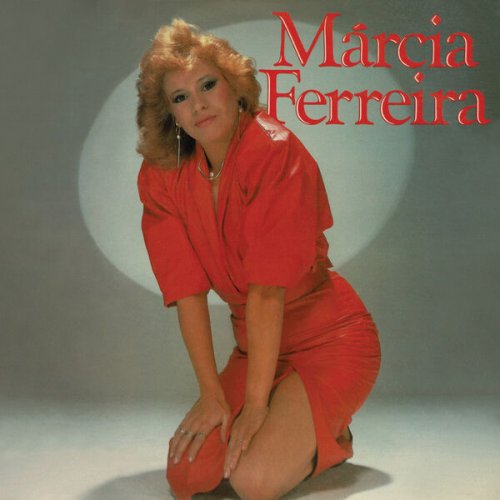
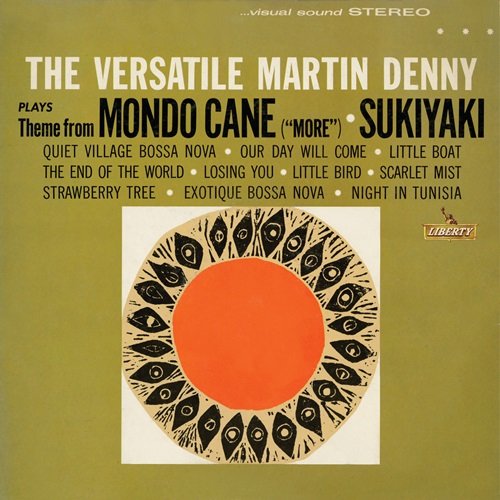

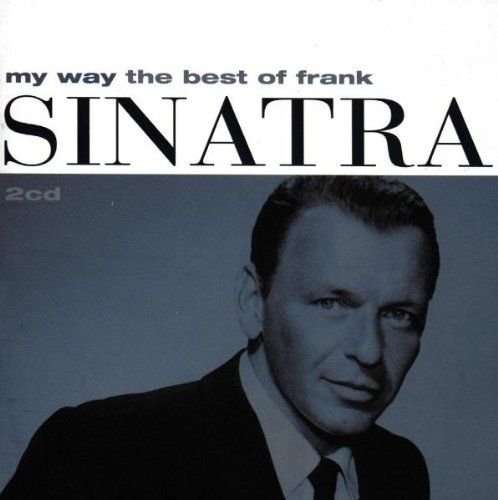
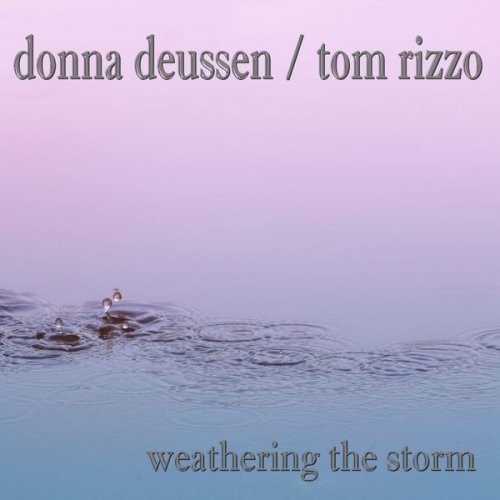
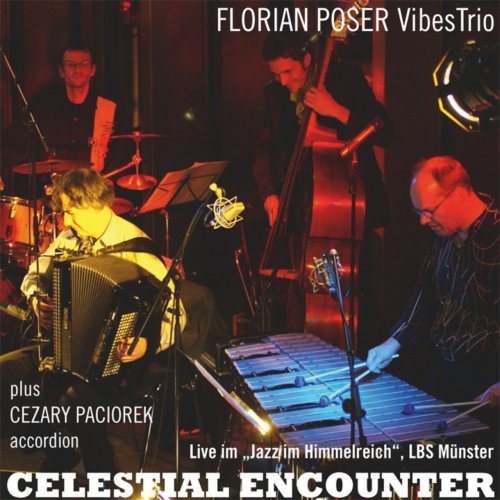
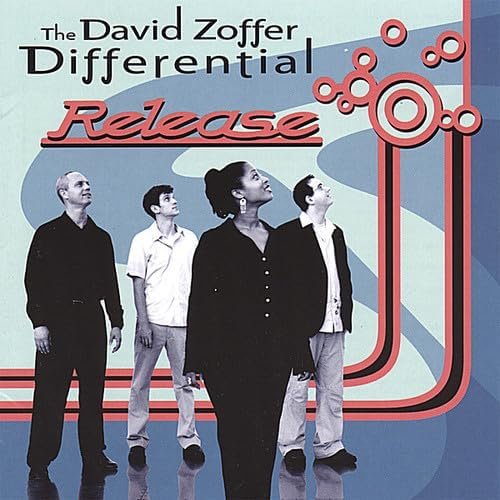
![Clifton Chenier - Bogalusa Boogie (1976) [Hi-Res] Clifton Chenier - Bogalusa Boogie (1976) [Hi-Res]](https://img.israbox.com/img/2025-12/20/qs86ek8wle134n43i1bkys5a3.jpg)
![Noé Sécula - A Sphere Between Other Obsessions (2025) [Hi-Res] Noé Sécula - A Sphere Between Other Obsessions (2025) [Hi-Res]](https://www.dibpic.com/uploads/posts/2025-12/1766108017_sej880ryk23va_600.jpg)